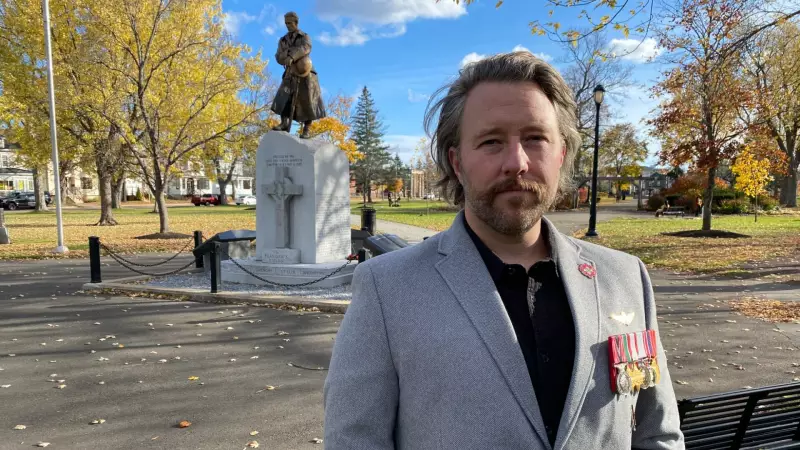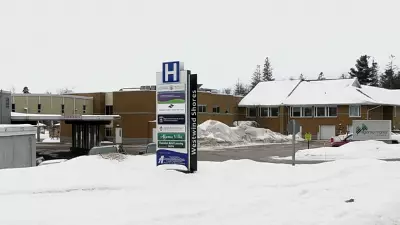
In the quiet of Moncton's Victoria Park, a retired special forces soldier is fighting a battle that began long after he left the service. Retired Master Cpl. Gordon Hurley spent years concealing the psychological wounds of his military career, a common but dangerous coping mechanism for many veterans.
The Hidden Struggle with Trauma
Gordon Hurley, a veteran of the Canadian special forces, admitted that for years, his approach to post-traumatic stress disorder was simple: "I just hid it." This confession, shared in an interview published on November 11, 2025, at 9:54 AM EST, underscores the silent burden carried by many who have served. Now living in Moncton, New Brunswick, Hurley is channeling his energy into a new mission: advocating for expanded access to alternative PTSD treatments not always covered by traditional veteran support systems.
A New Mission for Mental Wellness
Hurley's public stance emerges at a poignant time, as Canada marked Remembrance Day amidst a declining population of surviving Second World War veterans. His fight is not just for himself but is part of a broader conversation about modern veteran care. While the details of the specific alternative therapies he seeks were not fully elaborated, his advocacy highlights a critical gap in mental health services for those who have served their country.
The timing of his story adds a powerful layer to the national day of remembrance, reminding the public that the scars of service are not always visible and that the need for support continues long after a soldier returns to civilian life.
A National Conversation on Veteran Care
Hurley's experience in Moncton brings a human face to the ongoing discussions about mental health support for Canadian Armed Forces members. His struggle emphasizes the need for a more flexible and comprehensive approach to treating PTSD, one that acknowledges the value of both conventional and alternative methods. As the nation honors its fallen and living heroes, stories like his serve as a crucial reminder of the ongoing duty to care for those who have served.






